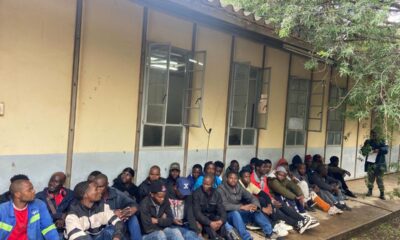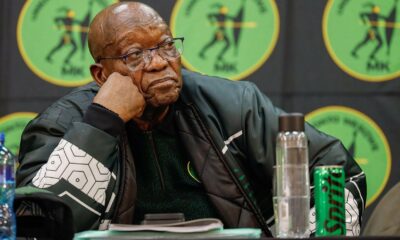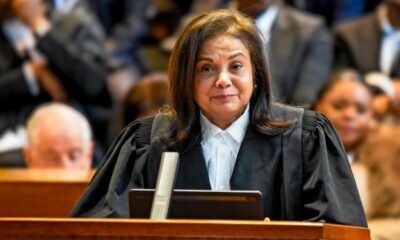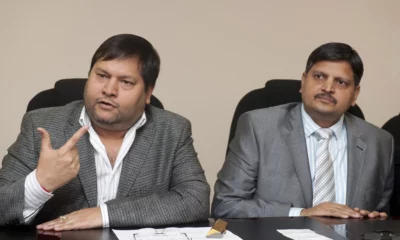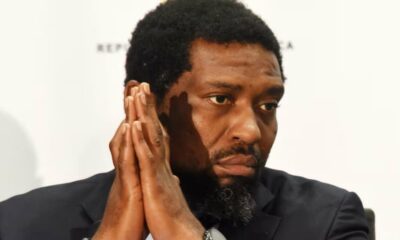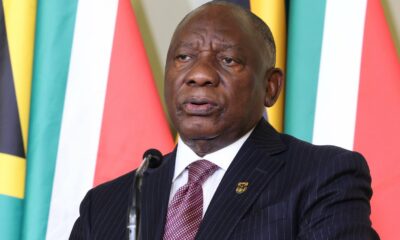News
Zuma Calls MK Party the Last Hope for South Africa’s Liberation in Ghana Lecture
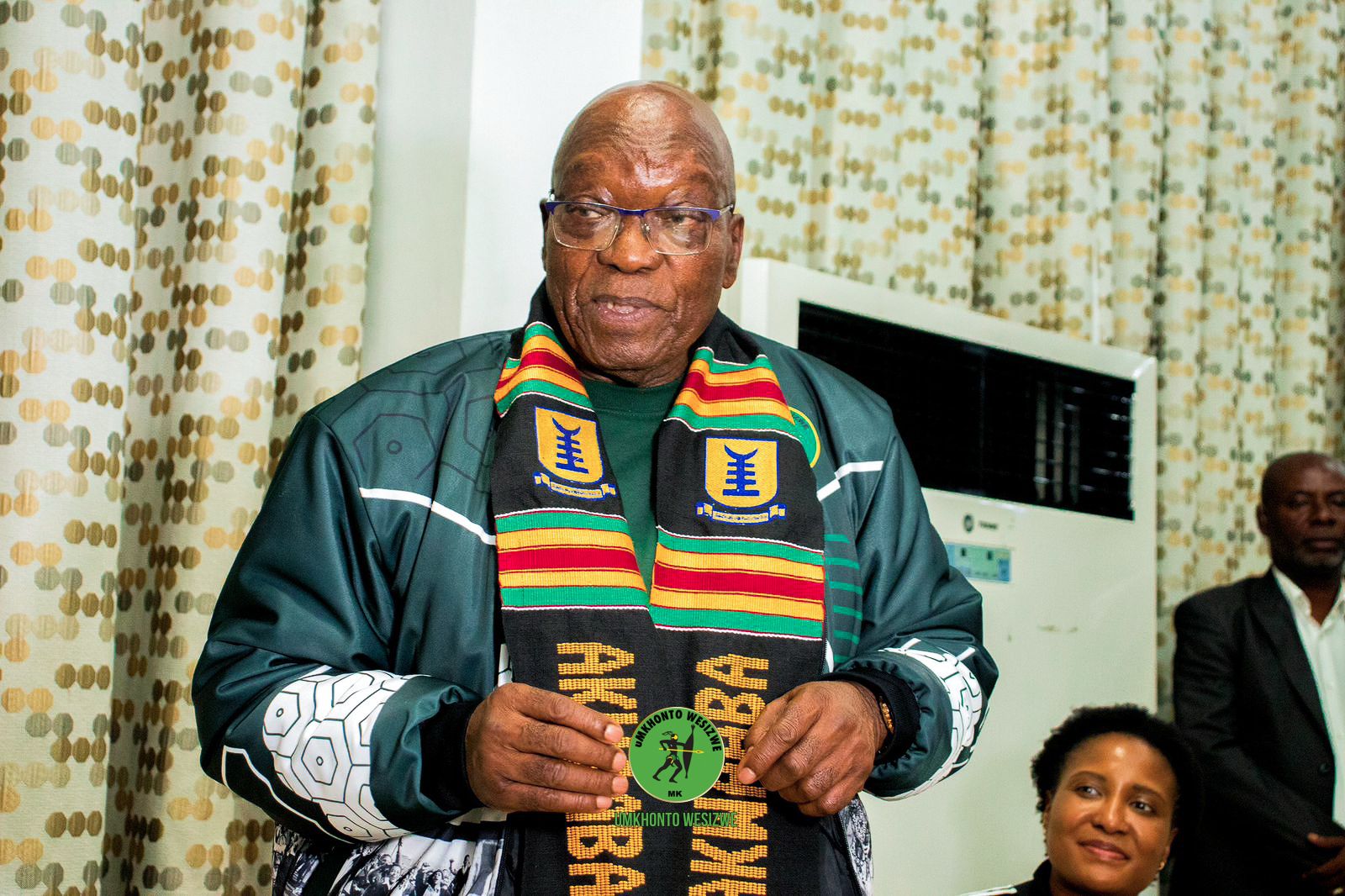
Former president speaks on liberation, Western exploitation, and Africa’s future
At the University of Professional Studies Accra (UPSA) in Ghana on Tuesday, former South African President Jacob Zuma delivered a lecture that was equal parts political manifesto and economic critique. Speaking to an audience of scholars, students, and civic leaders, Zuma framed his MK party as the final torchbearer for South Africa’s liberation, not just politically but economically and socially.
The lecture, the 8th Annual Leadership Lecture at UPSA, centered on the theme: “The geo-politics and geo-economics of de-dollarisation: BRICS currency strategy, lessons for Africa’s common currency, and beyond.” But Zuma also pivoted to local issues, asserting that the MK party embodies the “People’s Mandate” with eight foundational pillars.
Eight Pillars of a “New South Africa”
Zuma outlined the party’s guiding principles: reclaiming dignity, controlling land and mineral resources, empowering citizens, reclaiming the economy, building human capital and technological capacity, ensuring safety and security, asserting sovereignty, and reinforcing Africa’s global standing.
“Together, these pillars embody the uncompromising vision of the MK Party as the only true hope for the last stage of the total liberation of the South African people,” Zuma said, emphasising that liberation is unfinished, not only politically but economically, where poverty, unemployment, and neo-colonial influence continue to stifle the nation.
He contrasted this with the so-called Government of National Unity, which he described as compromised, asserting that only the MK party carries forward the spirit of South Africa’s freedom fighters.
H.E. President Jacob Zuma was adorned as a Chief of the Ga Mantse Traditional Council in a ceremony led by the High Priest of the Ga State, Nuumo Akwaa Mensah III (Nae Wulomo), in Accra, Ghana. pic.twitter.com/DGA1ScJRGH
— uMkhonto WeSizwe Party (Official) (@MkhontoweSizwex) August 19, 2025
Africa vs. the West: A Harsh Critique
Zuma didn’t hold back in his assessment of the West’s role in Africa. “Africa’s dependency on the West is a form of slow death,” he declared, citing the exploitative cycle of cheap exports, expensive imports, dollar-denominated debt, and currency manipulation.
“We face tariffs on our exports, yet we are lectured about free trade. When we resist, coups are sponsored, leaders are assassinated, and sanctions imposed,” Zuma said, framing Africa’s relationship with Western powers as systemic exploitation rather than partnership.
Pan-African Solidarity and a Call to Action
For Zuma, South Africa’s liberation is incomplete without strong ties across the continent. He stressed the importance of robust South Africa–Ghana relations and Pan-African unity, urging youth, students, scholars, and innovators to carry the revolution forward.
“The West built its power by chaining Africa,” he said. “The new generation of Africans must build our power by breaking those chains. We must move from classrooms to policy rooms, laboratories to marketplaces, and lecture halls to halls of power. We are not beggars at the world’s table, we are builders of a new table.”
Social Media and Public Reaction
Zuma’s lecture has sparked debate online. Supporters applauded his call for economic independence and Pan-African solidarity, while critics questioned the practicality of the MK party’s promises and raised concerns about polarising rhetoric against the West.
Analysts note that while his emphasis on BRICS and de-dollarisation aligns with broader continental economic ambitions, it also reinvigorates debates about the MK party’s relevance in modern South African politics, particularly as elections approach.
A Vision, Contested but Clear
Whether one agrees or not, Zuma’s lecture was a definitive statement of the MK party’s ideological direction: reclaim economic sovereignty, deepen African unity, and challenge external dominance. For students and civic leaders in Accra, it was a reminder that the conversation about Africa’s future remains both urgent and unfinished.
{Source: The Citizen}
Follow Joburg ETC on Facebook, Twitter , TikTok and Instagram
For more News in Johannesburg, visit joburgetc.com

